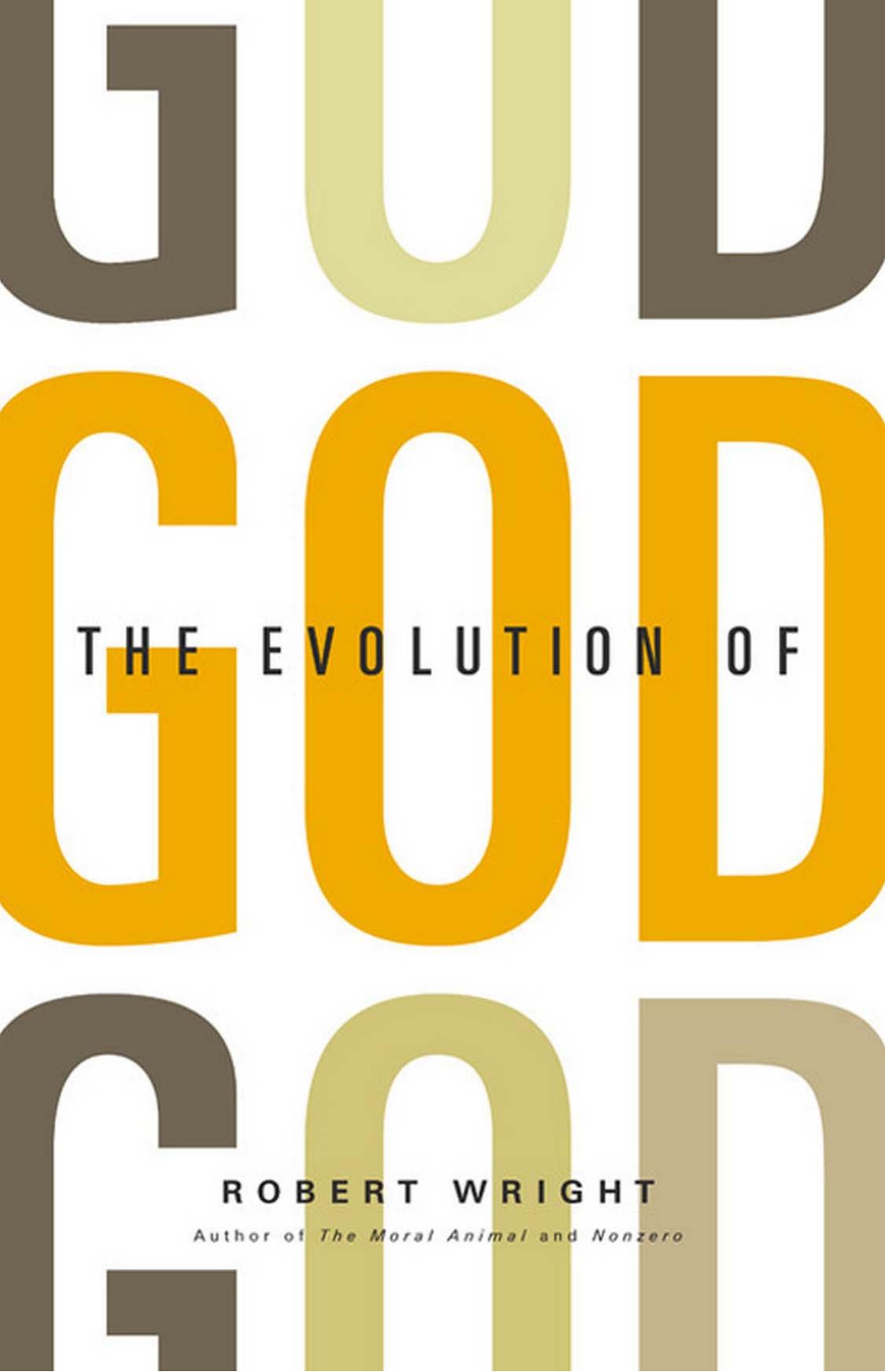The Evolution of God by Robert Wright

Author:Robert Wright
Language: eng
Format: mobi, epub, pdf
Tags: Theology, God - History of doctrines, Monotheism - History, Religions, God, REL033000, Philosophy, Relations, Religions - Relations, Comparative Religion, Religion, Theism, Monotheism, History of doctrines, General, Religious, History
ISBN: 9780316053273
Publisher: Little, Brown and Company
Published: 2009-06-08T10:00:00+00:00
Chapter Thirteen
How Jesus Became Savior
For many Christians, the word “Jesus” is virtually synonymous with the word “savior.” God sent his son so that, as the New Testament puts it, “all flesh shall see the salvation of God.” 1
In a sense, actually, God’s salvation had long been visible. The Israelites were saved from the Egyptians by Yahweh. (“God, their Savior, who had done great things in Egypt,” as the Hebrew Bible has it.) They were later saved from various other tormentors, sometimes by a human being sent for that purpose. (“The Lord gave Israel a savior, so that they escaped from the hand of the Arameans.”) And even as Yahweh subjected them to the wrath of the Babylonians—his subtle reminder that salvation is not unconditional—he was preparing Cyrus of Persia to carry divine salvation to the Israelites yet again. Thus the prophet Jeremiah could call Yahweh the “hope of Israel, its savior in time of trouble.” 2
But none of this is what Christians mean by “salvation.” When they call Christ the savior, they’re not talking about the salvation of the society or even the physical salvation of the individual, but rather the salvation of the individual’s soul upon death. The heart of the Christian message is that God sent his son to lay out the path to eternal life.
Jesus is, in this view, a heavenly being who controls access to heaven. He “is seated on the right hand of the Father” and will “judge the living and the dead,” as it is put in the Nicene Creed, a foundational document of ancient Christianity and to this day a common denominator of Roman Catholic, Eastern Orthodox, and most Protestant churches.
This Christian notion of salvation was a watershed in the evolution of the Abrahamic god—or, at least, in the non-Jewish lineage of that evolution. In both its Christian and Muslim forms, it would prove influential in ways both fortunate and unfortunate. Believing that heaven awaits you shortly after death makes death a less harrowing prospect. And this, in turn, can make dying in a holy war a more attractive prospect, a fact that has shaped history and even today shapes headlines.
After Jesus’s death, there was good news and bad news for anyone who would set out to carry the Christian message of salvation across the Roman Empire. Both kinds of news are embodied in little figurines that archaeologists have found in the northern regions of the empire. There, scattered across burial sites, are bronze renditions of a god named Osiris. 3 Exploiting trade routes, this god had traveled all the way to Gaul—what is now France—from his native Egypt.
Osiris, who had been a major god in Egypt for millennia, bore a striking resemblance to the Jesus described in the Nicene Creed. He inhabited the afterworld, and there he judged the recently deceased, granting eternal life to those who believed in him and lived by his code. Hence the good news for Christian evangelists: Osiris’s penetration of the Roman Empire suggested a widespread thirst for a divine figure of this sort, a sizable niche that a figure like Jesus might fill.
Download
The Evolution of God by Robert Wright.mobi
The Evolution of God by Robert Wright.epub
The Evolution of God by Robert Wright.pdf
This site does not store any files on its server. We only index and link to content provided by other sites. Please contact the content providers to delete copyright contents if any and email us, we'll remove relevant links or contents immediately.
The Lost Art of Listening by Michael P. Nichols(7500)
Why I Am Not A Calvinist by Dr. Peter S. Ruckman(4151)
The Rosicrucians by Christopher McIntosh(3516)
Wicca: a guide for the solitary practitioner by Scott Cunningham(3171)
Signature in the Cell: DNA and the Evidence for Intelligent Design by Stephen C. Meyer(3134)
Real Sex by Lauren F. Winner(3021)
The Holy Spirit by Billy Graham(2946)
To Light a Sacred Flame by Silver RavenWolf(2816)
The End of Faith by Sam Harris(2738)
The Gnostic Gospels by Pagels Elaine(2529)
Waking Up by Sam Harris(2457)
Nine Parts of Desire by Geraldine Brooks(2366)
Jesus by Paul Johnson(2356)
Devil, The by Almond Philip C(2328)
The God delusion by Richard Dawkins(2307)
Heavens on Earth by Michael Shermer(2281)
Kundalini by Gopi Krishna(2183)
Chosen by God by R. C. Sproul(2162)
The Nature of Consciousness by Rupert Spira(2106)
